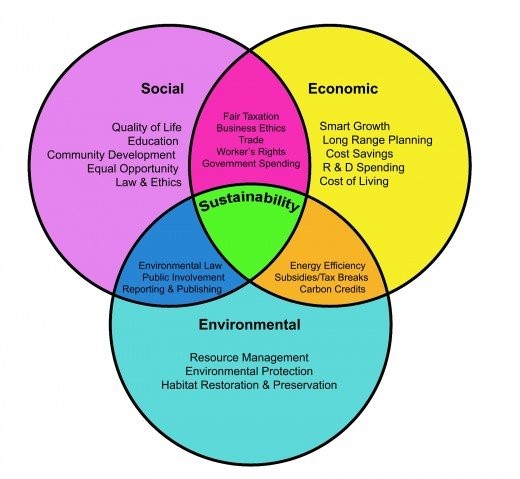Keep on keeping on...
Around the turn of the millennium, Mulderbosch was a South African wine farm at the height of its powers. Its Sauvignon Blanc was one of the country’s most sought after and the label was one of the pioneers of the fledgling Chenin Blanc renaissance with its Steen op Hout.
The man behind the barrels was Mike Dobrovic, a unique character in the local wine scene. An astute oenologist Dobrovic was the “go-to” guy when it came to stuck ferments or tricky chemistry – and many is the colleague who’d call him up in a blind panic. His first line of advice was to put a six-pack or two of beer in the fridge because that was essential to his remedying the situation!
One other thing Dobrovic could be relied upon was to share the wisdom of the Sufi mystic Rumi, and many were the little pieces of paper that he’d hand out with wise sayings printed on them. Like this gem: “Raise your word, not your voice. It is rain that grows flowers, not thunder.”
Type the word ‘sustain’ into an online thesaurus and the synonyms which pop up are ‘maintain’, ‘nourish’ and ‘suffer’. The latter word is quite apt when the local industry considers its financial or economic sustainability which has been a major cause for concern over the past five years or more. Many farms are still suffering after extended drought, low grape prices, challenging markets and economic recession.
If you were to ask the proverbial man or woman in the street about sustainability, they would probably lean towards the environmental, ecological or resource maintenance aspect. But the South African wine community has over the past two decades made remarkable strides in sustainability: particularly on both the environmental and sociological or human resource front.
The SA vineyards have decreased in extent since 2000, yes, but with regard to long-term viability the scene is more rosy or optimistic. Vineyard practices have improved notably with a far greater emphasis on soil nutrition and nature-friendly farming methods. Biodynamic producers such as Reyneke, Waterkloof and Avondale are still in a league of their own in terms of multi-dimensional practices but the benefits are there for all to see – and to adopt. The mere fact that so many wine farms have dedicated viticulturists on their staff is proof of the importance in sustaining good grape supplies.
Yet it is probably on the people front where the most maintenance and growth has taken place. It is also true that there is still more which needs to be done with regard to ownership and representation but one need only look at the raft of talented and promising winemakers who have come through the ranks of the Cape Winemakers Guild’s Protege programme: people such as Praisy Dlamini, Chandré Petersen, Heinrich Kulsen, Ricardo Cloete, Diners Club young winemaker of the year for 2018 Rudger van Wyk, Morgan Steyn, Kiara Scott... The list goes on.
I’ve written previously about the success of Compagniesdrift and what Ilse Ruthford has achieved at the operation located next to Meerlust in Stellenbosch. It’s a wine storage, labelling and logistics facility which is almost bursting at the seams – but which is also lifting up members of the local community, employing and upskilling them and bringing about significant social change within the space of a single generation.
Organisations such as the Chenin Blanc Association have taken a principled stance. With the full buy in of its members and in conjunction with sponsor Standard Bank, the Association stipulates that the R25 000 prize money for each of the winners of the annual Top 10 challenge be utilised for the upliftment of the farm worker community. Stellenrust, for example, a perennial Top Tenner, has ploughed its financial reward into the establishment of a computer lab on the farm. Cellarmaster and co-owner Tertius Boshoff has said the computers have opened up a new world of learning for the kids.
The Oxford Dictionary defines sustainability as: “the ability to be maintained at a certain rate or level” as well as in its ecological sense as “avoidance of the depletion of natural resources in order to maintain an ecological balance”.
The next generation are the resource that the wine industry will draw from. Having children on farms receive invaluable early childhood development from organisations such as the Pebbles Project and its multiple initiatives or for high school learners to have access to computers such as at Stellenrust through the auspices of the Chenin Blanc association, the South African wine fraternity can only benefit.
Mike Dobrovic would possibly have used the following quote to sum up the dark past and the emerging future. It’s Rumi of course...
“Sorrow prepares you for joy. It violently sweeps everything out of your house, so that new joy can find space to enter. It shakes the yellow leaves from the bough of your heart, so that fresh, green leaves can grow in their place. It pulls up the rotten roots, so that new roots hidden beneath have room to grow. Whatever sorrow shakes from your heart, far better things will take their place.”


- By Fiona McDonald